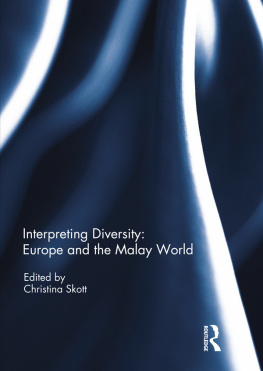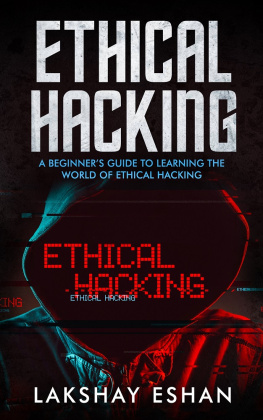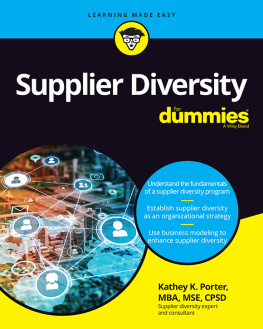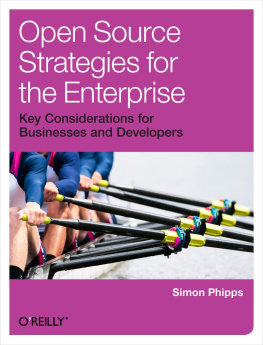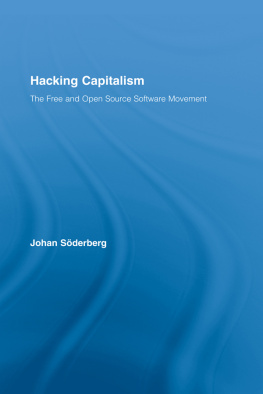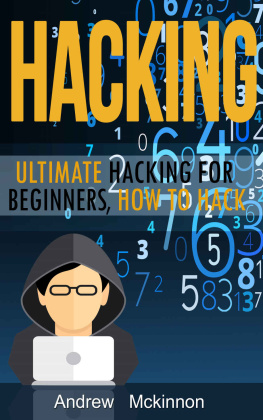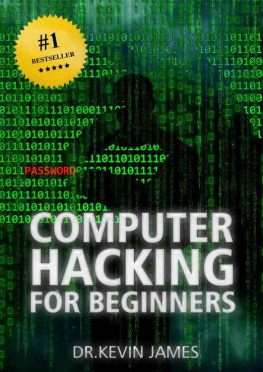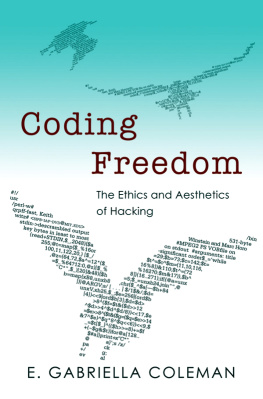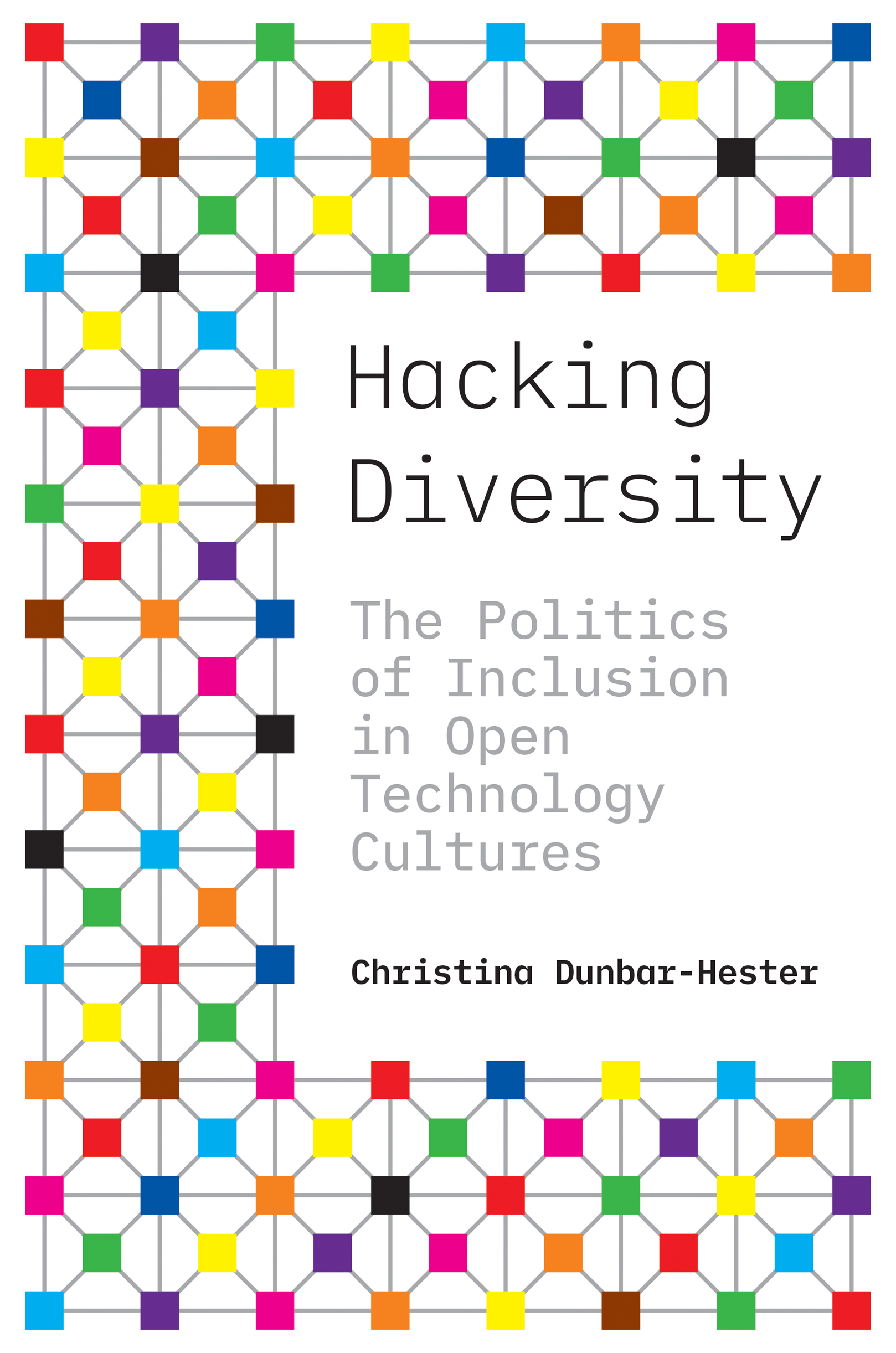
Princeton Studies in Culture and Technology
Tom Boellstorff and Bill Maurer, series editors
This series presents innovative work that extends classic ethnographic methods and questions into areas of pressing interest in technology and economics. It explores the varied ways new technologies combine with older technologies and cultural understandings to shape novel forms of subjectivity, embodiment, knowledge, place, and community. By doing so, the series demonstrates the relevance of anthropological inquiry to emerging forms of digital culture in the broadest sense.
Hacking Diversity: The Politics of Inclusion in Open Technology Cultures by Christina Dunbar-Hester
Hydropolitics: The Itaip Dam, Sovereignty, and the Engineering of Modern South America by Christine Folch
The Future of Immortality: Remaking Life and Death in Contemporary Russia by Anya Bernstein
Chasing Innovation: Making Entrepreneurial Citizens in Modern India by Lilly Irani
Watch Me Play: Twitch and the Rise of Game Live Streaming by T. L. Taylor
Biomedical Odysseys: Fetal Cell Experiments from Cyberspace to China by Priscilla Song
Disruptive Fixation: School Reform and the Pitfalls of Techno-Idealism by Christo Sims
Everyday Sectarianism in Urban Lebanon: Infrastructures, Public Services, and Power by Joanne Randa Nucho
Democracys Infrastructure: Techno-Politics and Protest after Apartheid by Antina von Schnitzler
Digital Keywords: A Vocabulary of Information Society and Culture edited by Benjamin Peters
Sounding the Limits of Life: Essays in the Anthropology of Biology and Beyond by Stefan Helmreich with contributions from Sophia Roosth and Michele Friedner
Hacking Diversity
The Politics of Inclusion in Open Technology Cultures
Christina Dunbar-Hester
PRINCETON UNIVERSITY PRESS
PRINCETON AND OXFORD
Copyright 2020 by Princeton University Press
Published by Princeton University Press
41 William Street, Princeton, New Jersey 08540
6 Oxford Street, Woodstock, Oxfordshire OX20 1TR
press.princeton.edu
All Rights Reserved
Library of Congress Cataloging-in-Publication Data
Names: Dunbar-Hester, Christina, 1976 author.
Title: Hacking diversity : the politics of inclusion in open technology cultures / by Christina Dunbar-Hester.
Description: Princeton, New Jersey : Princeton University Press, [2020] | Series: Princeton studies in culture and technology | Includes bibliographical references and index.
Identifiers: LCCN 2019019271| ISBN 9780691182070 (hardcover : acid-free paper) | ISBN 9780691192888 (pbk. : acid-free paper) | ISBN 9780691194172 (ebook)
Subjects: LCSH: Hacktivism. | Computers and women. | Open source softwareSocial aspects. | Multiculturalism.
Classification: LCC HV6773 .D855 2020 | DDC 303.48/34dc23 LC record available at https://lccn.loc.gov/2019019271
Version 1.0
British Library Cataloging-in-Publication Data is available
Editorial: Fred Appel and Jenny Tan
Production Editorial: Natalie Baan
Production: Erin Suydam
Publicity: Nathalie Levine and Kathryn Stevens
ILLUSTRATIONS
- Figures
- Table
ACKNOWLEDGMENTS
This book has progressed from scattered thoughts to idea to research to writing and now to written, but Im sort of at a loss to explain how. I am quite sure I owe a lot to others. I am surrounded by communities of people engaging with our worlds, whose reflections and actions generate my own engagement and points of connection. The people whose activities are the basis for analysis in this book are due the most prominent recognition. My presenceas a stranger and analyst whose presence (let alone utility) in their midst was not immediately legiblehas been patiently and trustingly welcomed by a host of people, online and off. They generously offered me their time and candor, and sometimes opened up painful memories; I hope I have been able to do justice to their stories and efforts in these pages. It would be improper to name them, given ethnographic convention and the level of personal and professional sensitivity of some of this material, but I offer them my profoundest thanks.
In addition, I am humbled by the generosity and dazzling expertise of a company of scholars and friends without whom my work would literally not be possible (to say nothing of tolerable, let alone ever enjoyable). Biella Coleman has been an invaluable interlocutor since the beginning of this project, providing feedback both shrewd and gracious at critical moments, as has Chris Kelty. Laura Portwood-Stacer, always a generous and thoughtful sounding board, provided early listening and guidance throughout. I am especially indebted to constructive readers of chapter drafts and earlier iterations of this work: Steph Alarcn, Chris Anderson, Ron Eglash, Lucas Graves, Silvia Lindtner, Mike Palm, Luke Stark, and Sarah Myers West. The books analysis was further shaped through focused conversation, literature recommendations, stray comments, and everything in between from Mike Ananny, Sarah Banet-Weiser, Jonah Bossewitch, Jack Bratich, Paula Chakravartty, A. J. Christian, Kristina Clair, Chris Cskszentmihlyi, Nathan Ensmenger, Megan Finn, Laura Forlano, Ellen Foster, Mel Gregg, Seda Grses, DeeDee Halleck, Randy Illum, Natalie Jeremijenko, Dorothy Kidd, Ron Kline, Daniel Kreiss, Chenjerai Kumanyika, Deepa Kumar, Javier Lezaun, Manjari Mahajan, Charlton McIlwain, Mara Mills, Cyrus Mody, Lilly Nguyen, Wazhmah Osman, Victor Pickard, Joseph Reagle, Bryce Renninger, Carrie Rentschler, Alessandra Renzi, Adrienne Shaw, Christo Sims, Johan Sderberg, Jonathan Sterne, Tom Streeter, Sophie Toupin, Lee Vinsel, Cristina Visperas, Judy Wajcman, and Todd Wolfson. Dubious credit (but sincere gratitude) for the pun in the title of the books conclusion goes to Nick Seaver. I also thank my undergraduate and graduate students at the University of Southern California and Rutgers University who offered me the opportunity to work out some of my thoughts in conversation with them and shared theirs in return.
Fred Appel has been an engaged, rigorous, and enthusiastic editor. It has been a sincere pleasure to work with him. I am also profoundly grateful to my anonymous reviewers at Princeton University Press, and to the PUP staff, especially Jenny Tan, Natalie Baan, and Thalia Leaf, for their stellar assistance in bringing the book into being; Sarah McIntosh was an invaluable indexer. Research in progress has been presented at scholarly venues along the way, and I thank various audiences for productively critical feedback, including the University of Washington Information School, Oslo Metropolitan Universitys Work Research Institute, UCLA Information Studies Department, USC Digital Humanities Program, and the Annenberg School at the University of Pennsylvania. Josh Kun and Sarah Banet-Weiser at USC Annenberg helped me carve out time to work on this book at key stages in its development and completion. Crack research assistance was provided by Soledad Altrudi (who cheerfully logged several semesters on this project), as well as Hyun-Tae (Calvin) Kim, and Lin Zhang (and Fanny Ramirez at Rutgers). Also at USC, Annenberg colleagues showed kindness (and lent bicycles, may they rest in peace) as I was attempting to adjust to California, so thank you, Jonathan Aronson, Franois Bar, Willow Bay, Manuel Castells, Taj Frazier, Hernan Galperin, Larry Gross, Andrea Hollingshead, Henry Jenkins, Josh Kun, Carmen Lee, Mark Lloyd, Peggy McLaughlin, Lynn Miller, Gordon Stables, Alison Trope, Miki Turner, Dmitri Williams, and Ernie Wilson. Juan De Lara and Andy Lakoff have been delightful coconspirators. Special thanks to Hye Jin Lee for invitations to step off campus. ASCJ staff Ally Arguello, Jordan Gary, Sarah Holterman, Christine Lloreda, Raymond Marquez, Frank Miuccio, David Mora, and Billie Shotlow provided lots of help streamlining administrative matters large and small. At my former workplace, a campus exhibition called Trans Technology: Circuits of Culture, Self, and Belonging that I curated with Bryce Renninger in 201213 fed into this research in a few nonlinear ways, so I thank Bryce, Rutgerss Institute for Women and Art, and supportive former colleagues in Journalism & Media Studies and Womens and Gender Studies for that detour.


